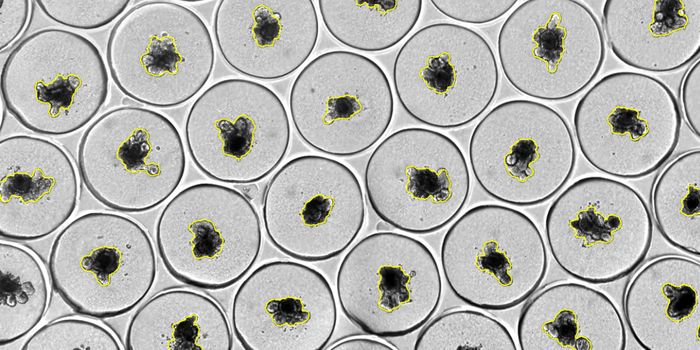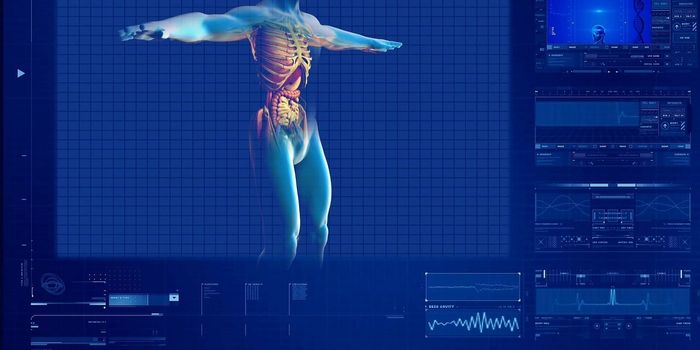Does Fasting Hurt the Immune System?
Evidence supports the interplay between diet, nutrition, and obesity and their collective influences on health and wellness. Significant research has established links between obesity and several types of cancer. Obese cancer patients also tend to have worse prognoses than normal weight counterparts. In addition to understanding the negative impacts of obesity in the cancer setting, additional research supports the beneficial role of caloric restriction or fasting. Despite the depth of the research focusing on cancer and obesity, the precise mechanisms underlying the links remain lacking.
Overall, obesity appears to hinder the immune response from working optimally. The obesity-driven effects on the immune system, in turn, can negatively impact a patient’s ability to fight off cancer. This may lead us to suspect that caloric restriction would boost immunity. However, a study recently published in Immunity suggests that fasting may weaken the immune response.
The study focused on the movement of different subsets of immune cells, or leukocytes, following fasting and after eating post-fast. Leukocytes include several subsets of immune cells, all of which play a vital role in anti-tumor immunity. One important type of leukocyte, called a monocyte, serves as a precursor to other immune cells. Monocytes originate in the bone marrow and then travel through the body via the blood, where they differentiate into macrophages or dendritic cells (DCs). Both of these cell types are essential to mounting effective immune response. Macrophages stimulate other immune cells, and effective anti-tumor immunity depends on functional DCs, which identify cancer antigens and inform other immune cells to find and kill cancer cells.
The researchers housed experimental mice in cycles of 12 hours in light and 12 hours in the dark to support circadian rhythm . At the beginning of the dark cycle, fasting mice had no access to food for 24 hours, while control (fed) mice had unlimited access to food (known as ad libitum feeding). Mice in both the fasting and fed groups always had access to water. Following the 24-hour fast time, fasting mice also received food ad libitum.
The study showed that in fasting mice, monocytes return to the bone marrow, where they cannot mature into macrophage or DC subsets. The researchers linked the re-entry of monocytes into the bone marrow to corticosterone, a hormone that regulates metabolism. Mechanistic investigation revealed that corticosterone release in fasting mice increased the expression of a chemokine receptor called CXCR4.
Next, the researchers observed the impact of stopping the fast (re-feeding). When mice began to eat after fasting, monocytes surged from the bone marrow returning to the blood. However, the monocytes which mobilized mainly consisted of older cells. The researchers challenged mice with bacteria and found fasting mice more susceptible to infection than the fed mice.
The authors concluded that fasting impacts the lifespan and quality of monocytes, directly impairing immunity. While the study does not look at the impact of fasting in pre-clinical cancer models, the observed augmentation of immune cells suggests that long periods without food could impair the ability to mount an optimal anti-tumor immune response.
The growing popularity of intermittent fasting diets and the normalization of the “skipping breakfast” mentality urges more research on the impact of fasting on the immune response and cancer progression.
Sources: Nutrients (Cena), Metabolism, JAMA Network, J Cancer Prev, Cancer Sci, Immunity, Nutrients (Aragon), Am J Clin Nutrition









